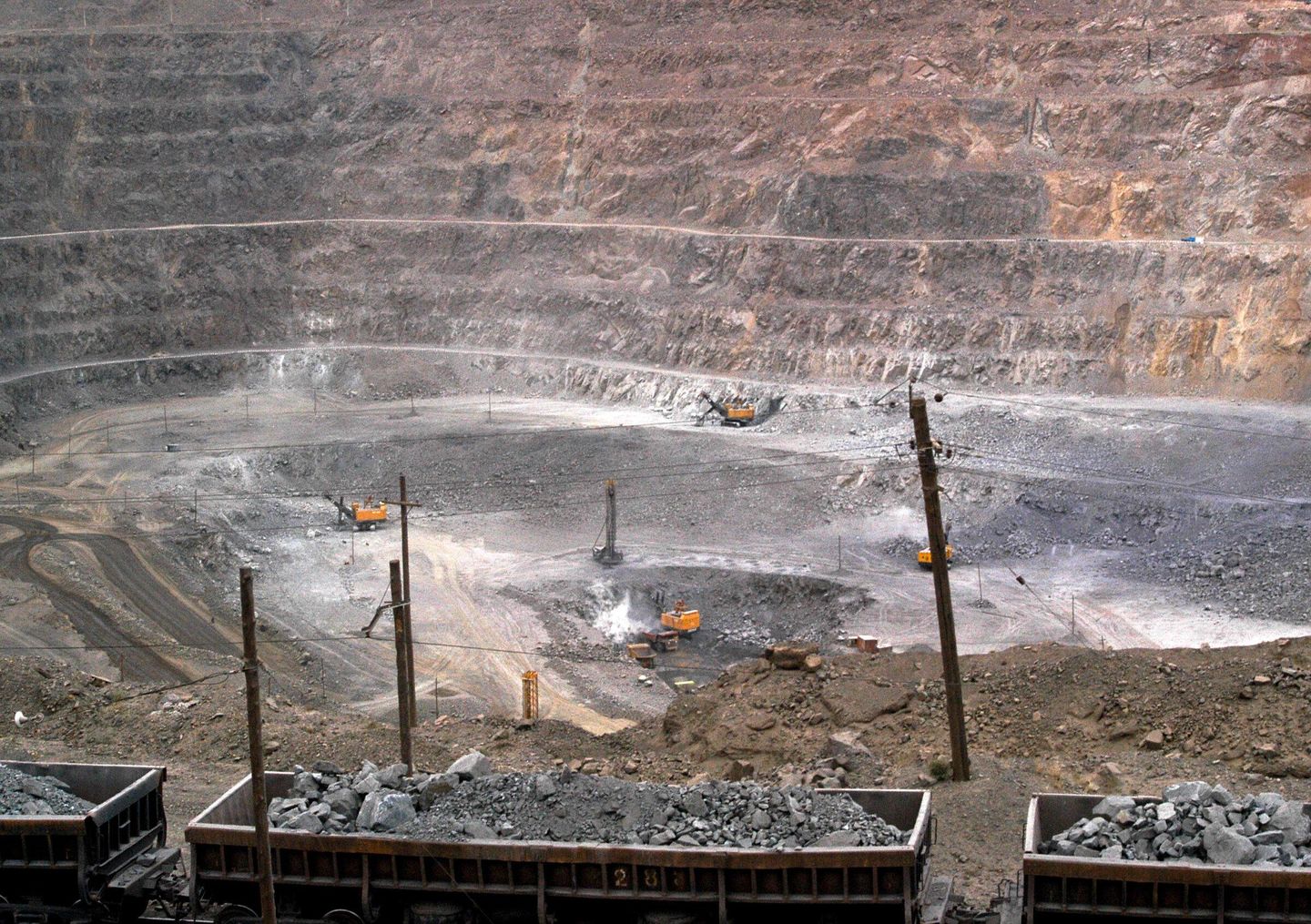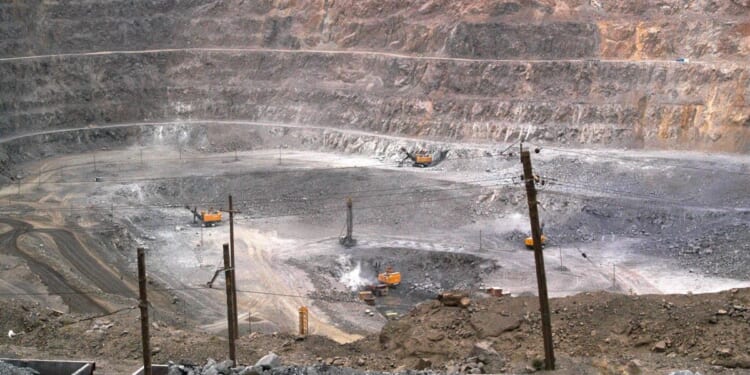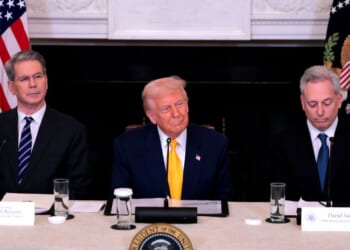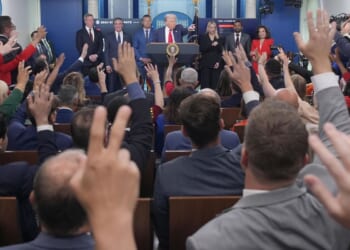
China is reportedly working on a plan to block U.S. defense contractors from accessing rare-earth metals, despite efforts to ease import restrictions for other Western companies.
The plan includes a “validated end-user” system, which will allow Beijing to quickly deliver rare-earth metals to approved companies in the U.S., while blacklisting those with connections to the U.S. military, The Wall Street Journal reported this week.
Companies approved under the validated end-user system typically don’t need to apply for licenses for new shipments but instead receive a general authorization for most exports.
It remains unclear which companies would be approved under the validated end-user system, The Journal noted. The Chinese approach is likely based on the U.S.’ existing validated end-user system, which is part of Washington’s broader export control program.
Rare-earth metals are essential elements used in the production of everyday objects such as cellphones, televisions and car batteries. Computer systems in fighter jets and submarines also require rare-earth metals, meaning the U.S.’ interest in the elements is not purely consumer-focused.
The elements themselves are not rare, but refining and sorting rare-earth metals is costly and most countries choose to outsource such work.
China has a near-total monopoly over rare-earth metal refinement, accounting for 90% of the market and has often leveraged its investments in negotiations with the U.S.
In October, China announced that foreign entities would need to obtain special licenses to receive shipments containing more than 0.1% rare earth metals. However, after a recent meeting between President Trump and Chinese President Xi Jinping, Beijing agreed to delay the implementation of the rule by one year.
Security experts said China’s proposed rules expose Beijing’s plan to impose tighter control over rare-earth metals, which could prove an existential threat to the U.S.
“Last month, with the announcement of its new rare earths export control regime, the CCP showed just how dangerous our dependence has become,” Rep. Raja Krishnamoorthi, Illinois Democrat, wrote in a recent bipartisan report covering U.S.-China competition. “Working with our allies around the world and environmental and labor rights stakeholders, America must usher in a new chapter when it comes to critical minerals and rare earths
While the Trump administration is confident that China will continue to provide for the free flow of rare-earth metals, the U.S. has looked elsewhere for sources of the elements.
Most recently, the U.S. inked a rare-earth deal with the government of Kazakhstan and finalized an agreement with Ukraine that would give Washington exclusive access to critical minerals within its borders.










